iPhone 13 Pro Max review: A superlative by nature
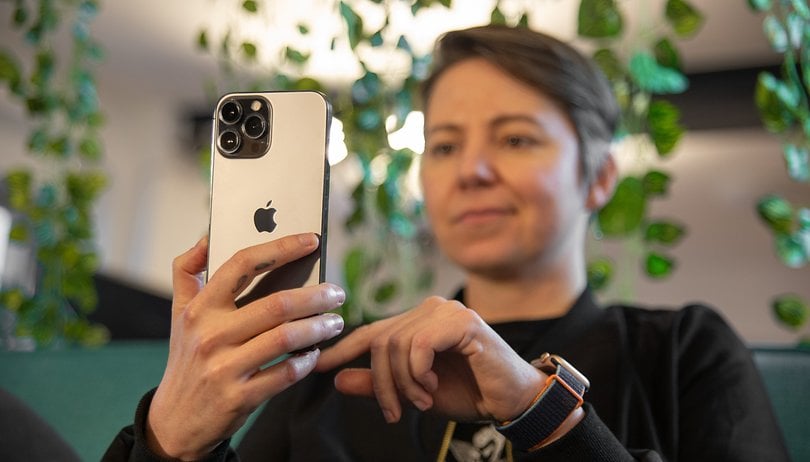

The iPhone 13 Pro Max is superlative by nature. Right now, this is the smartphone with Apple's most advanced hardware and software experience, and while it doesn't have the best camera on the market, it is an excellent choice for anyone looking for a high-performance smartphone. In this iPhone 13 Pro Max review, I will share my long-term usage experience with this machine released in 2021.
Good
- 120Hz display with ProMotion technology.
- Battery life.
- Fluid software experience.
- Nearly foolproof ecosystem.
- Versatile and trendy camera suite.
Bad
- Fast charging technology lags behind the competition.
- Constant issues unlocking with Face ID.
- Telephoto camera could be better.
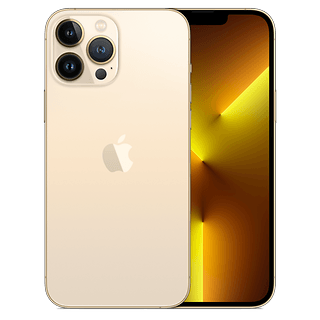
iPhone 13 Pro Max in a nutshell
120 Hz displays have finally arrived in Apple's iconic smartphone series, and as expected, they have improved the performance of the iPhone 13 Pro line-up. And even though it contains a more advanced display technology, the battery life of the Max model manages to be even better than the previous generation's handsets. In other words, if it's high performance you're after, the iPhone 13 Pro Max is a smartphone that deserves to be at the top of your list.
However, even the best flagships have flaws. Apple still has plenty to optimize when it comes to the telephoto camera, as well as its charging technology, particularly when it comes to fast charging.
But above all, the iPhone 13 Pro Max is an expensive investment. Available in four internal storage options—128 GB, 256 GB, 512 GB, and 1 TB—the price of this model ranges from $1,099 to $1,599.
Design raised to MAX power
Those who opt for a smartphone from the Pro Max series will have an experience to match. With a 6.7-inch display and weighing 240 grams, the iPhone 13 Pro Max feels big in the hands, of course. Despite the great ceramic finish and the classic look of the line, this smartphone is not really an example of originality when it comes to design.
What I liked:
- Max means huge, and so it is!
- Great build quality.
- Variety of color options.
- IP68 certification.
What I didn't like:
- Camera module protrusion.
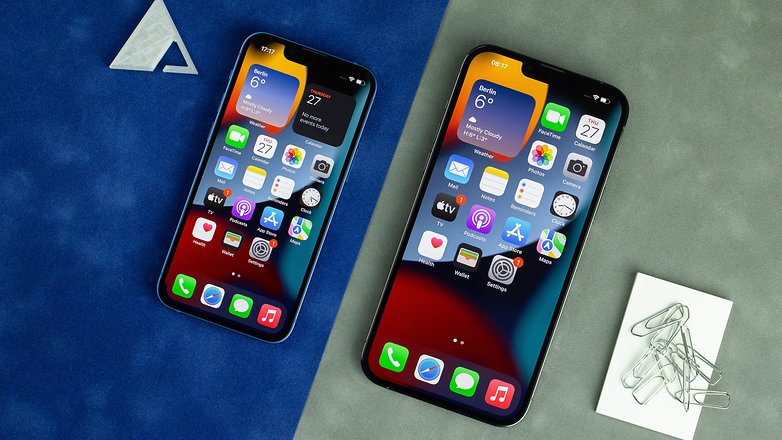
Sierra Blue, Graphite, Gold, Silver, and recently Alpine Green, the color range has five options so far. Although the screen size is large, you can unlock and use the device with just one hand. I am really a fan of the volume buttons that are cleverly positioned on the opposite side of the power button. Above all, the physical switch remains to quickly set the phone to silent mode.
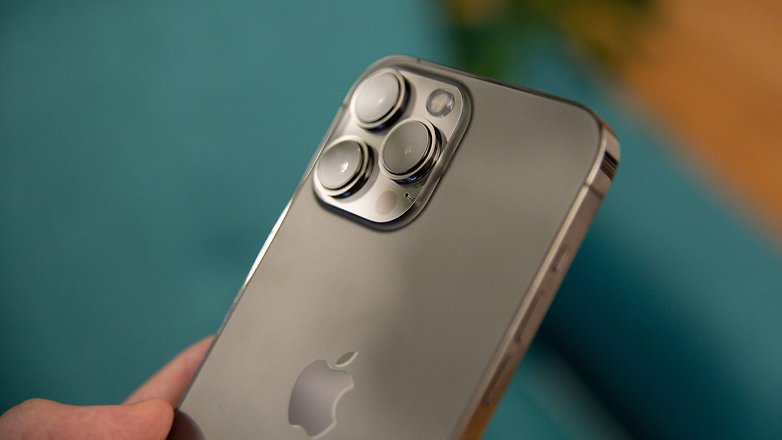
This is a smartphone to be used with a protective case because besides being expensive, the protrusion of the camera module makes it the first part of the phone to touch any surface when it drops. Thus, prolonged use of this model requires a certain amount of care beforehand. And a positive point on the durability side is the IP68 certification which offers a high level of resistance to water and dust.
120 Hz refresh rate display
Apple has finally brought the 120 Hz refresh rate to the OLED display of the Pro Max variant of the iPhone. That's 6.7-inches of viewing real estate and unlike many flagships available on the market, Apple sticks to the flat screen and rounded corners here.
The iPhone 13 Pro Max uses Super Retina XDR display technology with ProMotion and offers a resolution of up to 458 ppi. That's a maximum brightness of 1,000 nits and 1,200 nits of maximum brightness in HDR. Consuming content on this phone is a treat!
What I liked:
- 120 Hz refresh rate.
- ProMotion technology.
- High brightness screen with vivid colors.
What I didn't like:
- Apple makes no changes to Face ID.
- The bezels are relatively large.
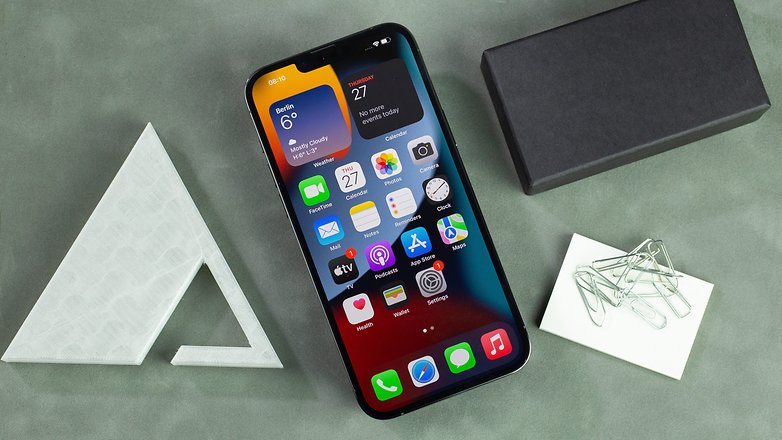
With the ProMotion feature, the iPhone 13 Pro Max display adjusts the refresh rate to suit the situation. Thus, when scrolling the screen the number of hertz increases to 120; while with the screen static, the refresh rate decreases to just 10 Hz. And the impact of ProMotion is not only felt in the smoothness with which the content appears on the screen but also in the energy savings at the end of the day, as well as increasing battery life.
- Flagship comparison: Galaxy S22 Ultra vs. iPhone 13 Pro Max
Despite the excellent screen quality, it has to be said that the bezels are relatively 'fat' compared to devices like the Google Pixel 6 Pro and the Samsung Galaxy S22 Ultra, for instance. Also, even though Apple has shrunk the display notch by 20%, the fact that Apple still doesn't compromise on Face ID ends up creating a sometimes problematic screen unlocking experience.
With the announcement of iOS 15.4, we have had a significant optimization of the iPhone 13 Pro Max's screen unlock while wearing masks, however, the function is not without its flaws. Because of this, I would have really liked to have seen an alternative to Face ID in this generation, such as a biometric sensor for fingerprint scanning.
Software that is user-focused
I'm using the iPhone 13 Pro Max with the beta version of the iOS 15.4 software and the experience has always been very consistent. From Machine Learning-dependent features—like Live Text—to the most basic system functions, everything works smoothly and seamlessly with Apple's device ecosystem.
What I liked:
- Consistency and fluidity of iOS (even in beta).
- Integration to Apple devices ecosystem.
- Optimized interface of third-party apps.
What I didn't like:
- System app settings are only accessible via the system settings.
Last year, Apple introduced a number of new features to iOS, such as the App Tracking Transparency (ATT) feature. However, it was with the announcement of iOS 15 that we had the addition of the Focus Mode features, SharePlay, and the ability to make FaceTime calls with Android devices.
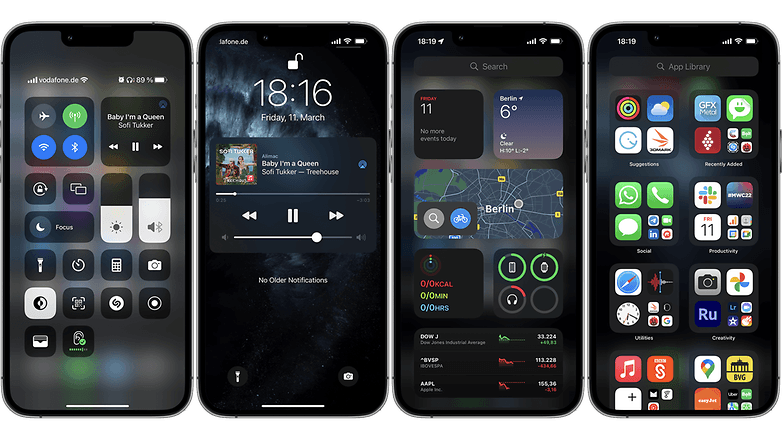
In addition, Apple has made a leap towards using features based on Artificial Intelligence and Machine Learning in 2021. This is the case with Live Text, which performs text and image recognition in real-time and keeps processing the information privately, on the device. Using this feature it is possible to copy text, translate languages, and search the web by pointing the camera at an object.
Given my 12 years of experience with the Android operating system, I have to say that the fact that some app settings occur from the system settings is a bit of a nuisance. This is the case with the camera app for example. I always have to check certain actions that depend on permissions directly in the phone's settings and not from the camera settings themselves.
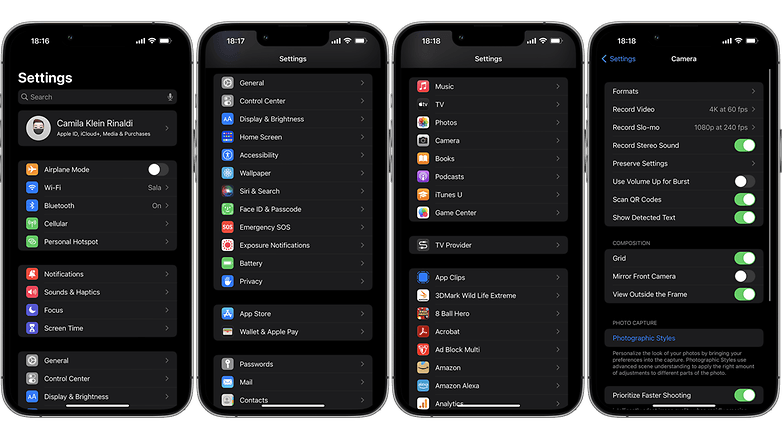
After getting iOS 16 in 2022, the upcoming release of iOS 17 introduces a range of user-facing features for popular apps such as Phone, Messages, FaceTime, and Maps. Despite the update being characterized by incremental improvements in terms of features and design, these newly announced enhancements are anticipated to garner significant popularity among iPhone owners. It is worth noting that the iPhone 13 line is scheduled to receive these updates in the autumn of 2023.
Virtually unbeatable performance
With a very competitive SoC, the iPhone 13 Pro Max is powered by the A15 Bionic. We have at least four internal storage options here, ranging from 128 GB up to 1 TB. Being quite blunt: I have never reviewed a smartphone as powerful as this one.
What I liked:
- SoC allows advanced use of the camera module.
- Processing happens in milliseconds.
- Consistent temperature maintenance.
- Real time execution of ML functions;
- Fast image and video processing.
What I didn't like:
- Inconsistent Face ID performance.
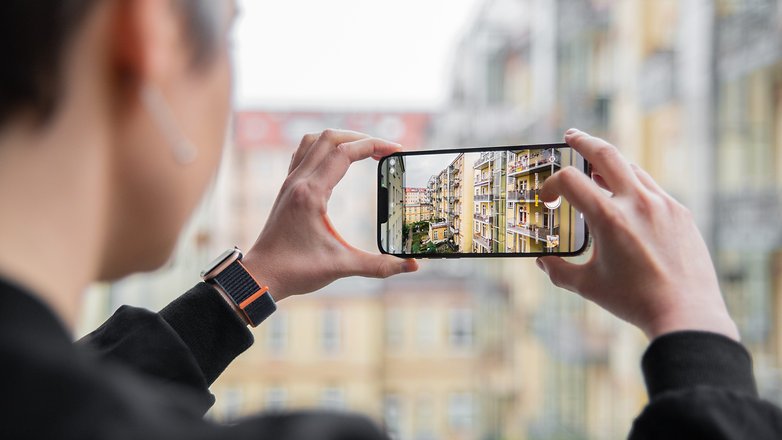
In these 40 days of extended use of the iPhone 13 Pro Max it became even more obvious how Apple has an advantage in software-hardware integration over other smartphone manufacturers. It was especially interesting to see this in comparison to the Google Pixel 6 Pro, whose Tensor SoC is customized by Google.
The performance of the Pro Max variant is very fast. As you can see in the benchmark comparison table below, the A15 Bionic SoC is always a bit higher, with a clear approach to the new Snapdragon 8 Gen 1 that powers the Oppo Find X5 Pro. Before I placed my bets on the iPhone 13 Pro Max, I was using the Google Pixel 6 Pro. Performance-wise, both models matched up in my daily use, however, Apple's phone has superior performance when it comes to power savings.
Apple iPhone 13 Pro Max
| Model/Benchmark | Apple iPhone 13 Pro Max | Google Pixel 6 Pro | Oppo Find X5 Pro | Samsung Galaxy S22 Ultra (Exynos 2200) | Xiaomi Mi 11 Ultra |
|---|---|---|---|---|---|
| Geekbench 5 (single/multi) | 1729/4714 | 1043/2876 | 846/3324 | 1155/3356 | 1123/3619 |
| 3DMark Wild Life | 9729 | 6446 | 9300 | 5682 | 5621 |
| 3DMark Wild Life Stress Test | 8111 ~ 9732 | 6367 | 6092 ~ 9192 | 3351 ~ 5741 | Overheat Failure |
With a 6-core CPU with 2 performance and 4 efficiency colors, a 5-core GPU and 16-core Neural Engine, the A15 Bionic made it possible to introduce the Cinematic Mode of the iPhone 13 series camera in 2021. With this feature, it is possible to render autofocus changes in real-time in high-definition depth-of-field videos (1080p HDR Dolby Vision), which require an intense computational workload.
But as mentioned earlier, the inconsistency of screen unlocking via Face ID ends up causing frustration when it comes to overall performance.
Stereo speakers and Lossless audio
The iPhone 13 Pro Max has stereo speakers and you can use Bluetooth headphones or connect them via the Lightning cable. The big highlight here is the Lossless feature from Apple's services that optimizes the audio quality in selected apps.
What I liked:
- Loud and good stereo sound quality.
- Lossless audio quality.
What I didn't like:
- -
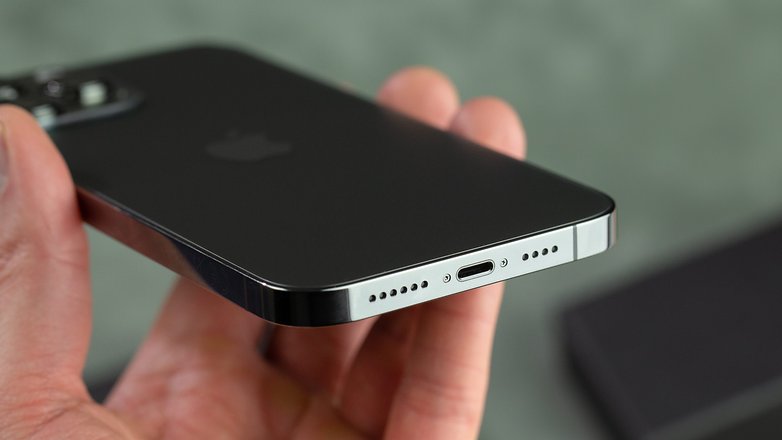
The sound quality coming out of this smartphone's speakers is everything I expect from a flagship: loud, clean, vibration-free audio. As with most phones, it is of course possible to optimize the volume of the speakers by directing the sound coming out of the speaker positioned at the bottom of the device.
However, the experience is significantly better when using the iPhone 13 Pro Max in conjunction with a headset that is compatible with Apple's Lossless feature, of course. Thus, using Apple's flagship in conjunction with the Bose QuietComfort 35ii, I can only recommend this smartphone to those who want to experience high quality sound in 24-bit/48 kHz and/or 24-bit/192 kHz.
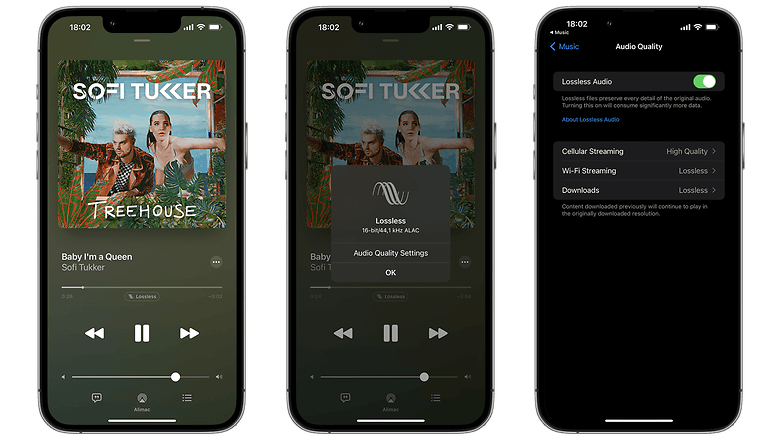
Versatile Camera and "HEIF" Intelligent
The iPhone 13 Pro Max features a larger main sensor compared to the previous generation and captures images rich in color and super sharpness. Here, automatic HDR saves details in dark and bright areas of the image without detracting from the natural lighting atmosphere. So far, this is the best camera on an iPhone, but not the best camera on a smartphone.
What I liked:
- Sharpness and colorimetry of images.
- Fast autofocus.
- Super sharp videos with natural colors.
- Telephoto lens has optical stabilization.
What I didn't like:
- Telephoto lens with 3x zoom only.
- Portrait mode and background blur options.
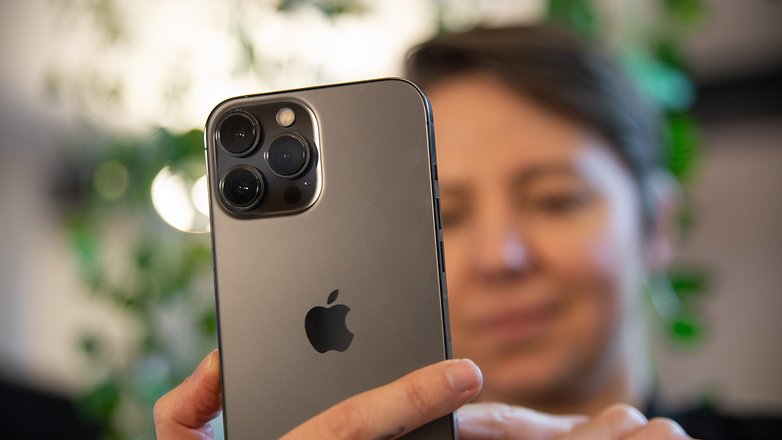
In the iPhone 13 Pro review, we already explored the quality of the iPhone 13 Pro Max's camera module, as both models have the same lens composition as well as the same sensor in the front. With larger sensors compared to the predecessor, the camera of the Pro Max variant captures much more light, which is a plus for night shots, especially in videos.
Personally, I really like to use the "Warm" Photographic Style setting, but it is advisable to use the default settings for more refined results in view of the large number of configuration options. Furthermore, when it comes to videos, Cinematic Mode is a relevant function and the possibility to record content in 4K and 60 fps makes this phone an excellent companion for media content production.
An example of this is that during MWC 2022 I used only the iPhone 13 Pro Max for image creation, video capture, and audio recording. Without a doubt, I can say that with a tripod and a wireless microphone you can very well rely solely on this model to create videos and photos. Especially since Apple offers in addition to the JPEG/H.246 formats the HEIF/HEVC option, which reduces the size of the media without losing quality. The same goes for video captures in ProRes 422 HQ. In addition to this is the ProRaw format.
This video was recorded in 4K and 30 fps, in HEVC format, late in the day in Barcelona during MWC 2022! How good is that for you? / @ NextPit
However, although this phone has an excellent camera, the quality of the photos with blurred backgrounds produced captured by the Google Pixel 6 Pro's lens and software is far superior. We notice this on the edges of the foreground objects always.
Another point that draws attention in relation to Google's smartphone is the zoom of the telephoto lens. While the Pixel 6 Pro offers 4x optical zoom, the iPhone 13 Pro Max guarantees 3x optical zoom. In addition, we have 20x digital zoom with the Super Res Zoom function on Google's smartphone and Apple's goes up to 15x. In this sense, the cameras found on Samsung's flagships are also a few steps ahead.
A "MAX" battery life
So far, the iPhone 13 Pro Max is the phone with the best battery life that I've reviewed. On paper, you get a 4,351 mAh battery with support for MagSafe wireless charging up to 15W Qi wireless charging up to 7.5W and fast-charge capable using a 20W adapter or higher. Of course, none of these come with the iPhone box and needs to be purchased separately.
What I liked:
- Excellent battery life.
What I didn't like:
- Standard fast charging at only 20W.
- Slow battery charging compared to the competition.
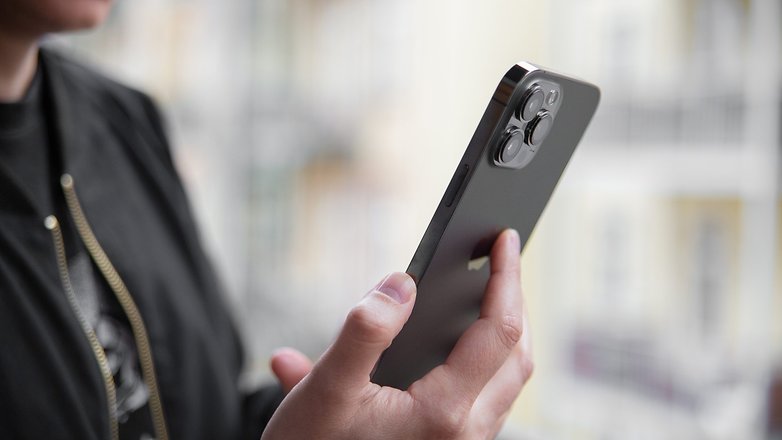
In these 40 days with the Pro Max I don't remember worrying about the battery. During work days, vacations, and covering MWC 2022, the only problem here was remembering to charge the device at least an hour in advance to count on at least 50-70% of charge. This level of charging is even sufficient to spend the entire day with the device on weekends, for example.
Unfortunately, I will owe you the charging data using MagSafe technology at this point. However, here are the mobile charging times with different adapters and options that lie around me every day.
Apple iPhone 13 Pro Max charging time
| Charging Type/Time | 5 minutes | 10 minutes | 30 minutes | 1 hour | 1h 20m or more |
|---|---|---|---|---|---|
| 15W charger | 6% | 13% | 41% | 76% | 90-100% |
| 61W charger | 11% | 21% | 52% | 85% | 95-100% |
| Thunderbolt Port MacBook Pro | 6% | 12% | 31% | 55% | 71-100% |
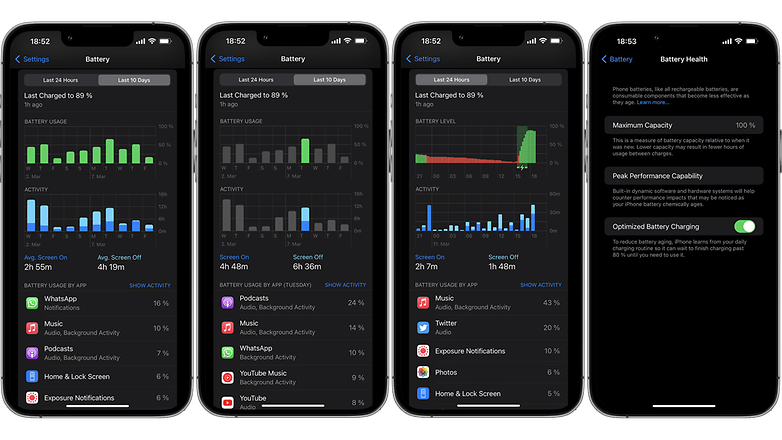
Apple iPhone 13 Pro Max technical specifications
Final verdict
As I mentioned in the introduction of this iPhone 13 Pro Max long-term review, this device is superlative by nature in many aspects. Every experience is elevated to the maximum. However, you can always go further! What I mean by that is, features like Face ID, fast charging technology and the camera can still be further optimized, even in the Pro Max variant.
- Also read: The big iPhone comparison in 2022!
Of course, this review is being published six months after the official announcement of this model, so a comparison with more recent releases, such as the Pixel 6 Pro and the Galaxy S22 Ultra, is inevitable. And even with the OnePlus 10 Pro that is not yet available in the US, it doesn't seem to me that these more recent releases pose any kind of threat to this flagship that should receive an update in the next six months. And that's impressive, given how few smartphones remain competitive half a year after hitting the market.
Now the pressure is on for the next generation of the series. Changes regarding the iPhone's biometrics are required, especially when we think about the removal of the notch on the screen. Also, even though Apple is maintaining the power efficiency of the series, a fast charging solution is also a point of evolution for the Pro variants of the iPhone. Another component that can be explored is also the camera module.
Finally, considering that in 2021 we had an obvious upgrade from the iPhone 12 Pro Max to the iPhone 13 Pro Max, 2022 would have the tendency to see more profound changes in the series. After all, there is always room for improvement!
So, what are your thoughts on the iPhone 13 Pro Max? Can it still be considered current six months after hitting the market? I am curious to know what you think about Apple's most advanced smartphone!
Review updated in June 2023 to include iOS 17 confirmed support. Previous comments were kept and may appear out of context.
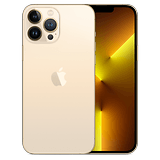
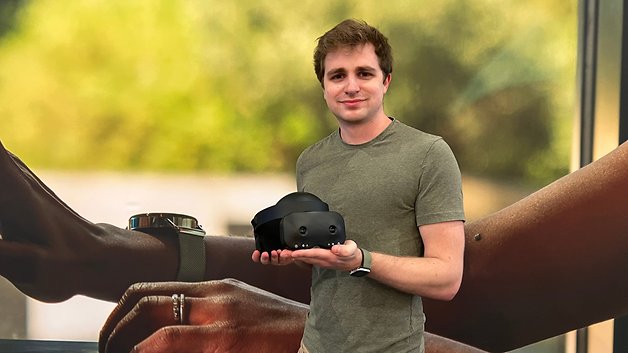





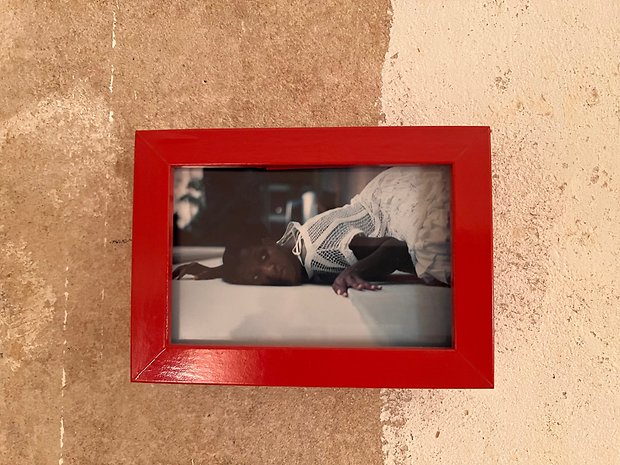
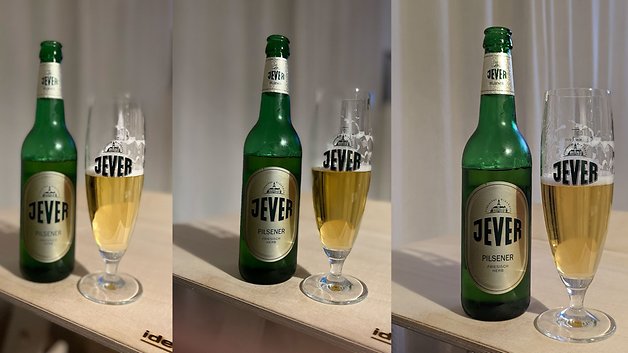




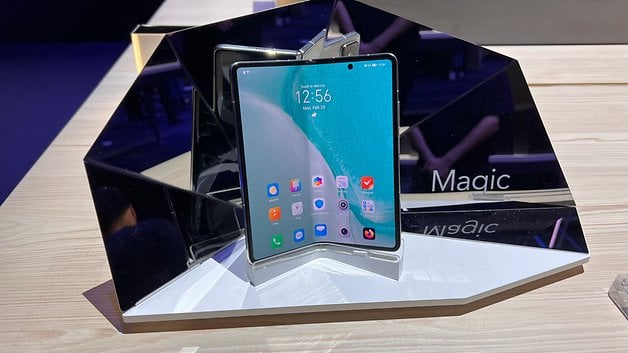
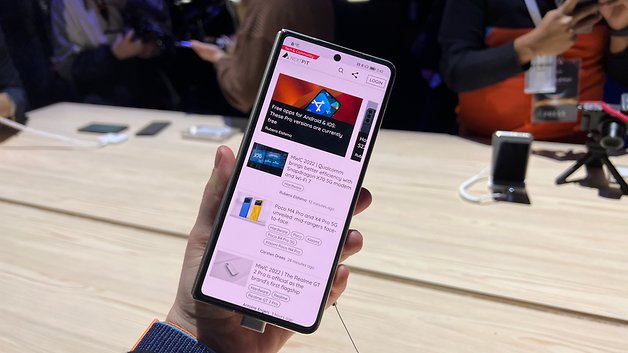


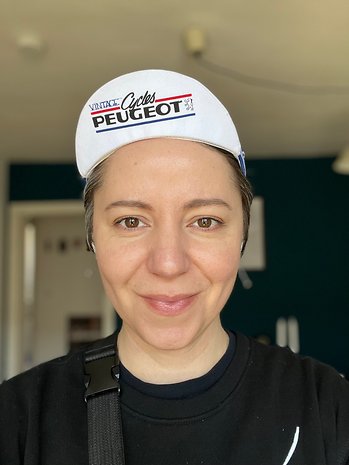





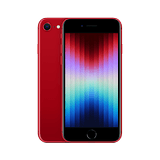
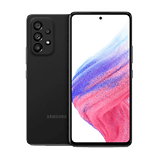
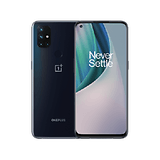

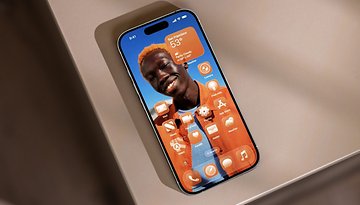
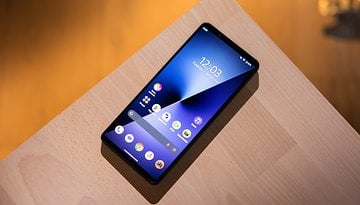
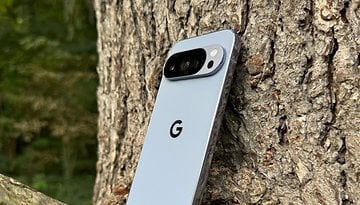
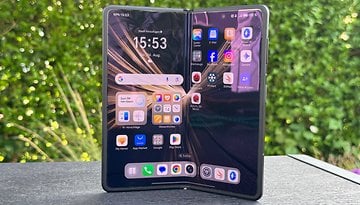
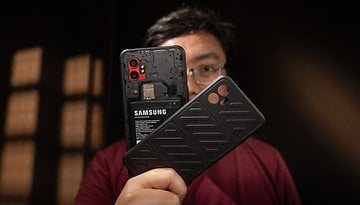
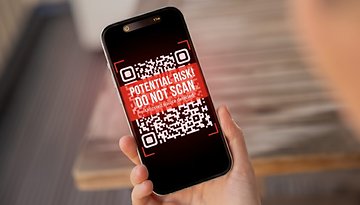
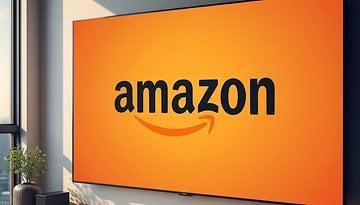
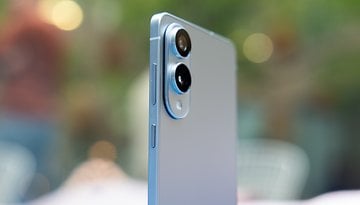
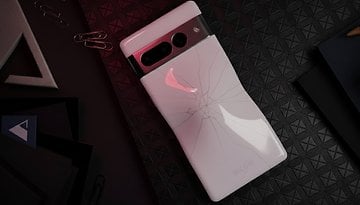
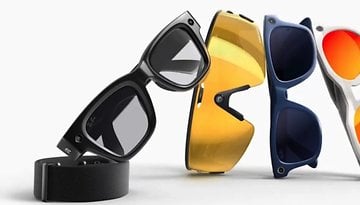
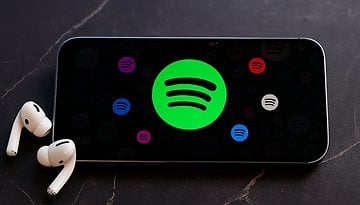
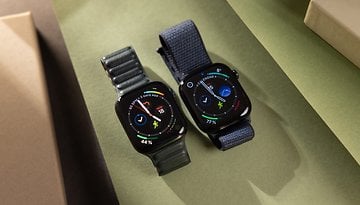


What an idiotic headline... Is the iphone Pro Max still relevant?
More relevant than you, that's for certain